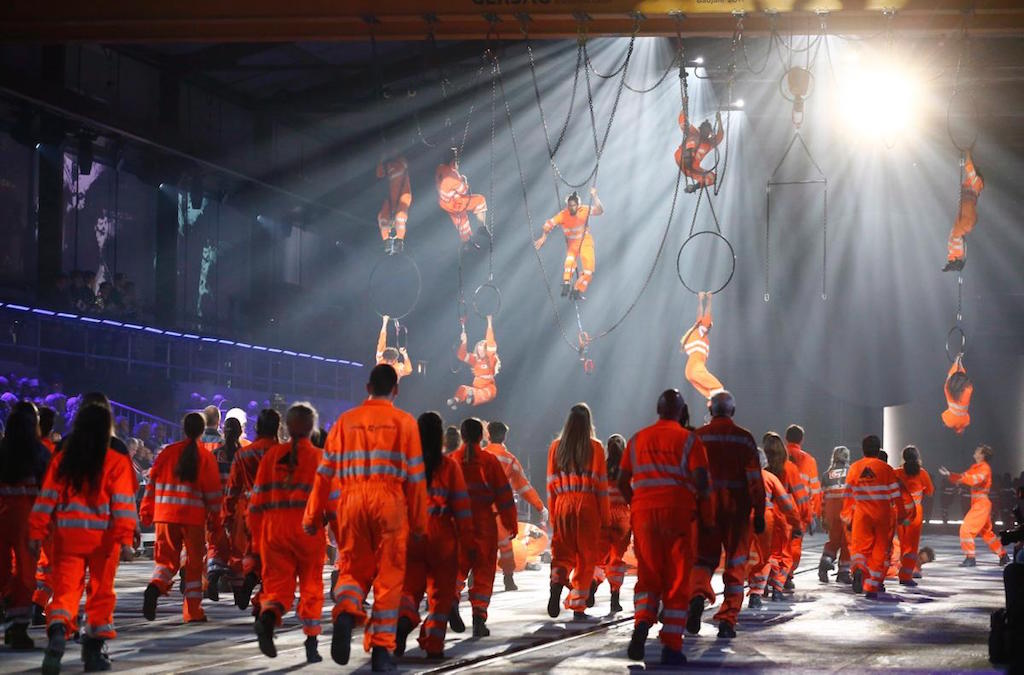24 Years in The Making, Switzerland Opens World's Longest Train Tunnel

Skift Take
Travelers can now travel by train from Germany to Italy through the heart of the Alps in less than three hours.
[gallery ids="186407,186409,186410,186411,186413,186417,186418"]
Switzerland opened the world's longest train tunnel this month cutting travel time between southern Germany and northern Italy by one hour.
The opening of the 35-mile Gotthard Base Tunnel, running north/south between Lucerne and Lugano, supersedes the world's previous longest tunnel connecting Honshu and Hokkaido in Japan by two miles.
A new train tunnel in Switzerland represents much more than a new piece of transportation infrastructure. It celebrates the very core of the Swiss identity and the country's history as a neutral nation flanked by France, Germany, Italy, Austria
